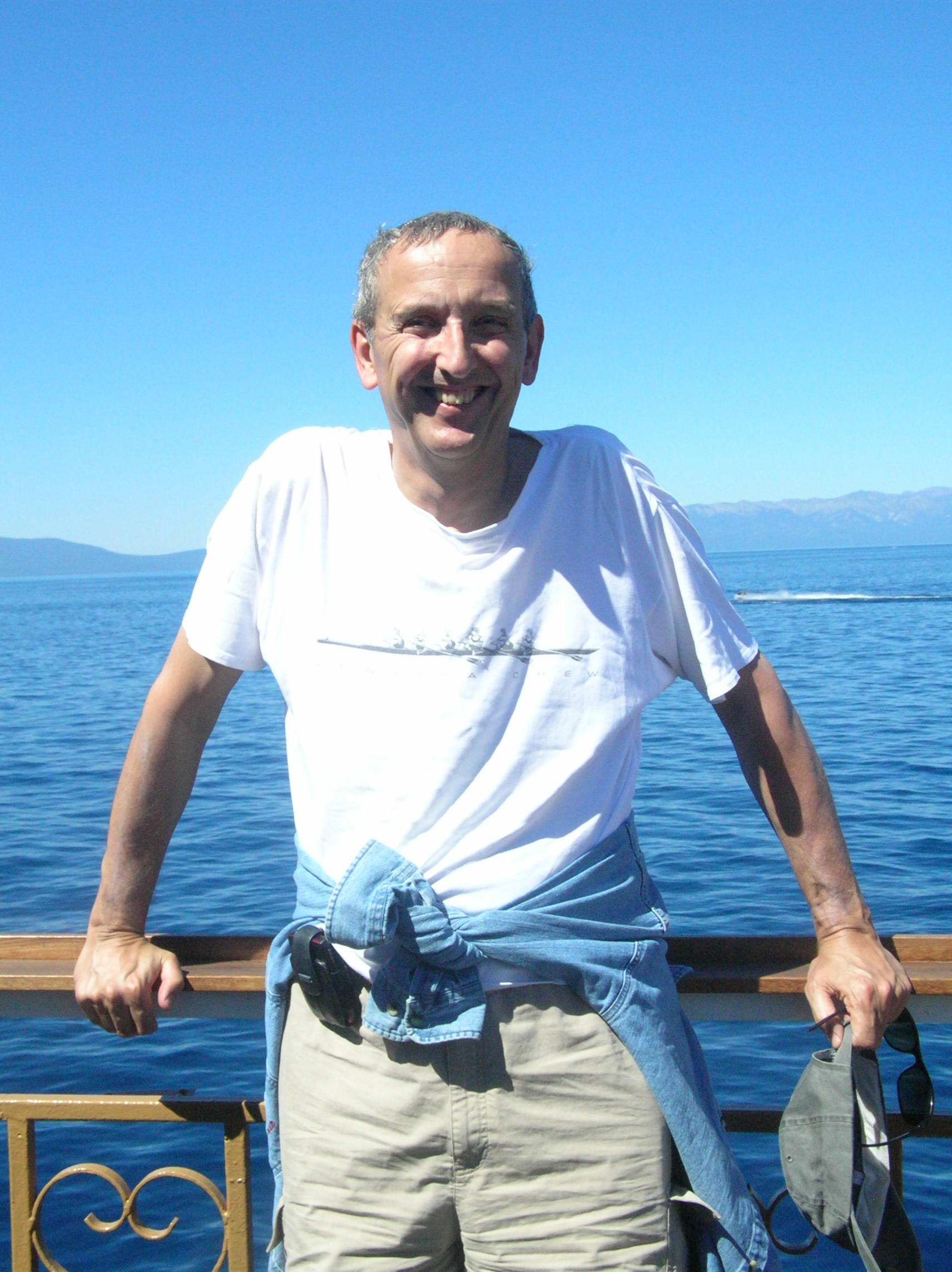I shared the review with several people in the office whom I thought might find it of interest. When I found Wright’s e-mail address, I sent a copy to him. Much to my surprise he e-mailed back very quickly. Here is the conversation:
October 18:
Professor Wright,
I send the attached review with some trepidation and much boldness.
The Very Reverend Dr. Brian Baker, Dean of Trinity Cathedral recommended that I read Surprised by Hope as a way to prepare for your visit to Sacramento, California in November. I plan to attend both lectures on November 16 but suspect that I will have very little if any opportunity to express an opposing perspective on your work. Besides others more qualified than I have already done so. But I do want you to hear me so I send you the attached review.
The matter that continues to perplex me is your obscuration (at best) of the contrast of sarx and soma in St. Paul and in the subsequent distinct use of the two terms for “body” in the New Testament canon, as well as elsewhere in primitive church literature. I am also bewildered by your sense that there is the need for such language as “life after life after death.” I agree with much of your material in the final section of Surprised by Hope about how Christians ought to live. But I see no reason for your lack of hope that God through the Spirit can inspire us to advance the Kingdom without the “carrot” that you imagine and describe.
I have ministered in the catechumenate for thirty years. I witness the miracle of new life in Christ through the Spirit every year and during the celebration of this at the Easter Vigil. People being initiated and others participating in the initiations testify to the same. This is not “life after life after death.” This is life after death to one’s old self, a life that can and will carry the transformed through the rest of their life on earth. When Christians get discouraged, there is the community and the Eucharist to revive them. This is real. This is as it has been, is, and will be to the end of time as humans know it. As to the eschatological question, we can only see through a glass darkly.
Thank you for your attention.
I look forward to hearing and perhaps meeting you here in Sacramento.
—
Jerry Pare’
Catechumenate Director
Wright responded within the hour!
Hi Jerry, thanks for this.I appreciate your sending it though of course I think you have completely misunderstood what I’m doing.
St Andrews
I then responded to him on November 19:
Professor Wright,
I do not plan to take any more of your time after this e-mail. However I want to say several things.
First, thank you for responding to my e-mail and as quickly as you did.
Second, I apologize for the harsh words of the review’s opening. I have no plans to publish it anywhere. It is for local reading only for those at Trinity Cathedral who can understand such issues. I also wanted you to read it for reasons I stated earlier.
Third, where I am “coming from” is an intellectual development that includes being in a seminary run by Benedictines in the heady days just after Vatican II. I followed that with completion of my undergraduate work at the University of California, where I became strongly attracted to existentialism and phenomonology. I then did graduate studies in Scripture at the School of Theology in Claremont, California under the tutelage of Rolf Knierim (Hebrew Scriptures), Marcus Borg, James Robinson & Hans Dieter Betz (New Testament). (“Ah ha,” you say. That is where he was corrupted!”) The most influential course on my understanding of Scripture was Dr. Robinson’s course on the post-resurrection accounts, a course that led to his SBL paper. I then studied Systematic Theology at the University of Notre Dame. I came to appreciate Aquinas from the perspective of the neo-Thomists, especially Bernard Lonergan and Karl Rahner (who was hardly a conservative, as you describe him). My mentor was Phil Devenish whom Schubert Ogden has chosen to edit and publish his papers.. All of this education and formation was during my time as a Roman Catholic who takes the term “catholic” very seriously.
I describe myself as a post-Bultmanian progressive person who loves theology and philosophy and am blessed to work in the Episcopal/Anglican Church and to minister within that community as well.
Again, I apologize for the harsh words in the review.
Jerry Pare’
This was the end of the short exchange.
The next event that occurred in this context was Brian and I having a couple of discussions on Wright’s work. Brian kept a middle course: both Wright and I may be correct and, in the end, it doesn’t really matter who is correct. [It is enlightenment that matters.] His other relevant point is that, in focusing on the sarx/soma issue, I seem as much a literalist as Wright. Both may be correct but the issue does matter and can affect “enlightenment.” How? If one defines Jesus’ significance on the belief that he was physically raised, this is a single event that happened 2,000 years ago. It is hard to see what that event has to do with me today.
On the other hand, if resurrection and new life is a matter of my resurrection into new life in and through Christ, we have a whole different matter that has everything to do with me.
(to be continued)

